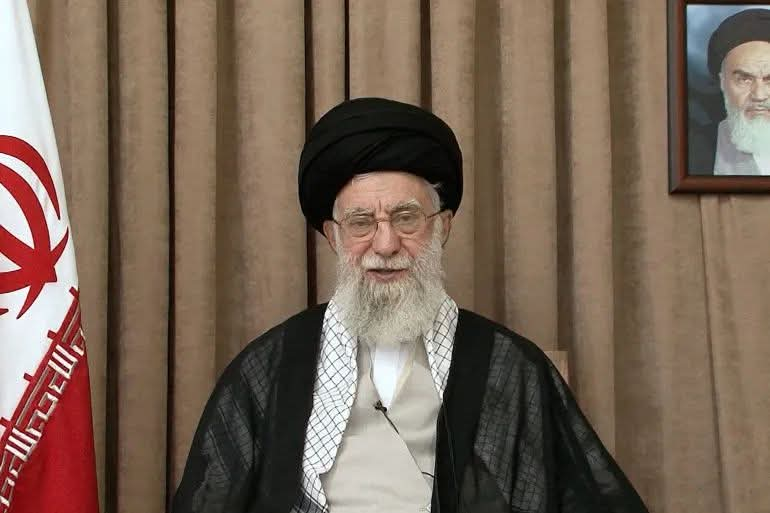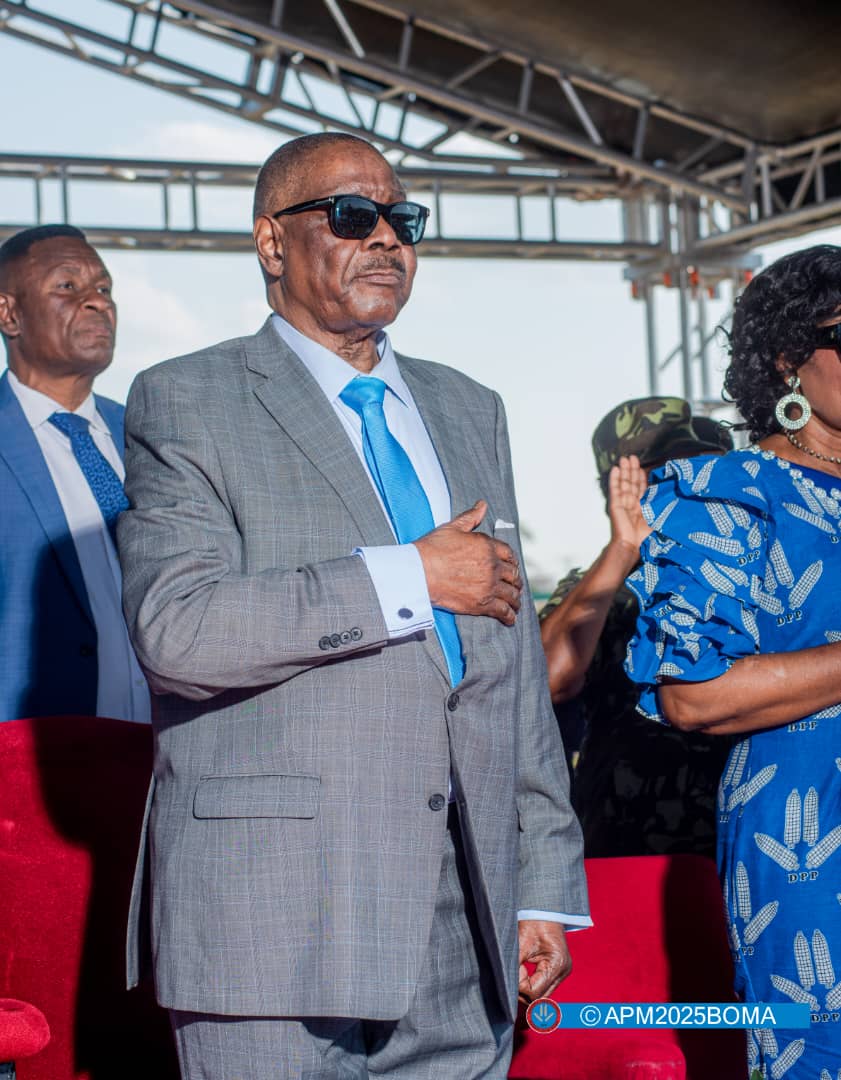Tehran — June 27, 2025
Iran’s Supreme Leader Ayatollah Ali Khamenei has broken his silence for the first time since a deadly 12-day war between Iran, Israel, and the United States, vowing that Iran “will never surrender” to American pressure and claiming a symbolic victory in the wake of the latest Middle East ceasefire.
Addressing the nation from Tehran, the 86-year-old leader struck a defiant tone, rejecting U.S. demands and hailing the Iranian strike on the Al Udeid Air Base in Qatar—a key U.S. military hub in the region—as a turning point in the confrontation.
“The U.S. President [Donald] Trump unveiled the truth and made it clear that Americans won’t be satisfied with anything less than the surrender of Iran,” Khamenei said during his nationally televised speech. “Such an event will never happen. Iran stands proud, unbroken, and dignified.”
A Ceasefire Amid Ruins
The ceasefire, brokered quietly by European and Gulf intermediaries, brought an end to nearly two weeks of the most intense fighting ever seen between Iran and Israel. The conflict escalated dramatically after the U.S. joined Israeli forces in launching targeted strikes on Iranian nuclear and military infrastructure, prompting Iran to retaliate with a barrage of missile and drone attacks.
While Israel suffered heavy casualties and damage to its northern military bases, the attack on the U.S.-run Al Udeid base in Qatar marked a rare and bold move by Tehran. Though U.S. officials confirmed casualties and damage, they downplayed the severity of the strike.
Still, Iran’s leadership framed it as a symbolic victory.
Nuclear Program in Crosshairs
The war’s most controversial chapter remains the U.S.-led airstrikes on Iranian nuclear sites at Fordow, Natanz, and Isfahan. U.S. President Donald Trump claimed the attacks had “obliterated” Iran’s nuclear infrastructure. However, satellite images and intelligence reports paint a murkier picture.
Independent analysts suggest that while some centrifuge halls were damaged, underground facilities at Fordow and Natanz may have remained partially intact. Iran has denied any critical setbacks, claiming their nuclear program remains “fully operational.”
Meanwhile, conflicting statements within the U.S. intelligence community have fueled domestic debate over the success and legality of the strikes, which were conducted without congressional approval.
Public Defiance and Private Pressure
Khamenei’s speech, delivered to a hand-picked audience of senior Revolutionary Guard commanders and clerics, also served as a warning to domestic dissenters. “Those who believe Iran should bow to foreign powers are either naïve or traitors,” he said.
However, behind the scenes, sources close to Iran’s political establishment say the leadership is under immense economic and political pressure. Weeks of sanctions, war, and internal unrest have taken their toll, with inflation skyrocketing and protests flaring in major cities like Shiraz, Mashhad, and even parts of Tehran.
The Road Ahead
Though the ceasefire has paused the fighting, tensions remain volatile. A senior European diplomat involved in mediation efforts warned, “The war may have stopped for now, but the peace is fragile. Without a real political solution, we are simply buying time.”
In Washington, President Trump faces growing bipartisan pressure to justify the war’s cost and outcomes. In Tel Aviv, Israeli Prime Minister Benny Gantz has promised to “rebuild and rearm,” while Tehran remains on high alert, bracing for potential covert action or cyberattacks in retaliation for its unprecedented strike on U.S. assets.
For now, Iran’s Supreme Leader has sent a clear message: surrender is off the table, even as the nation grapples with the scars of a brutal war that many fear may erupt again.




